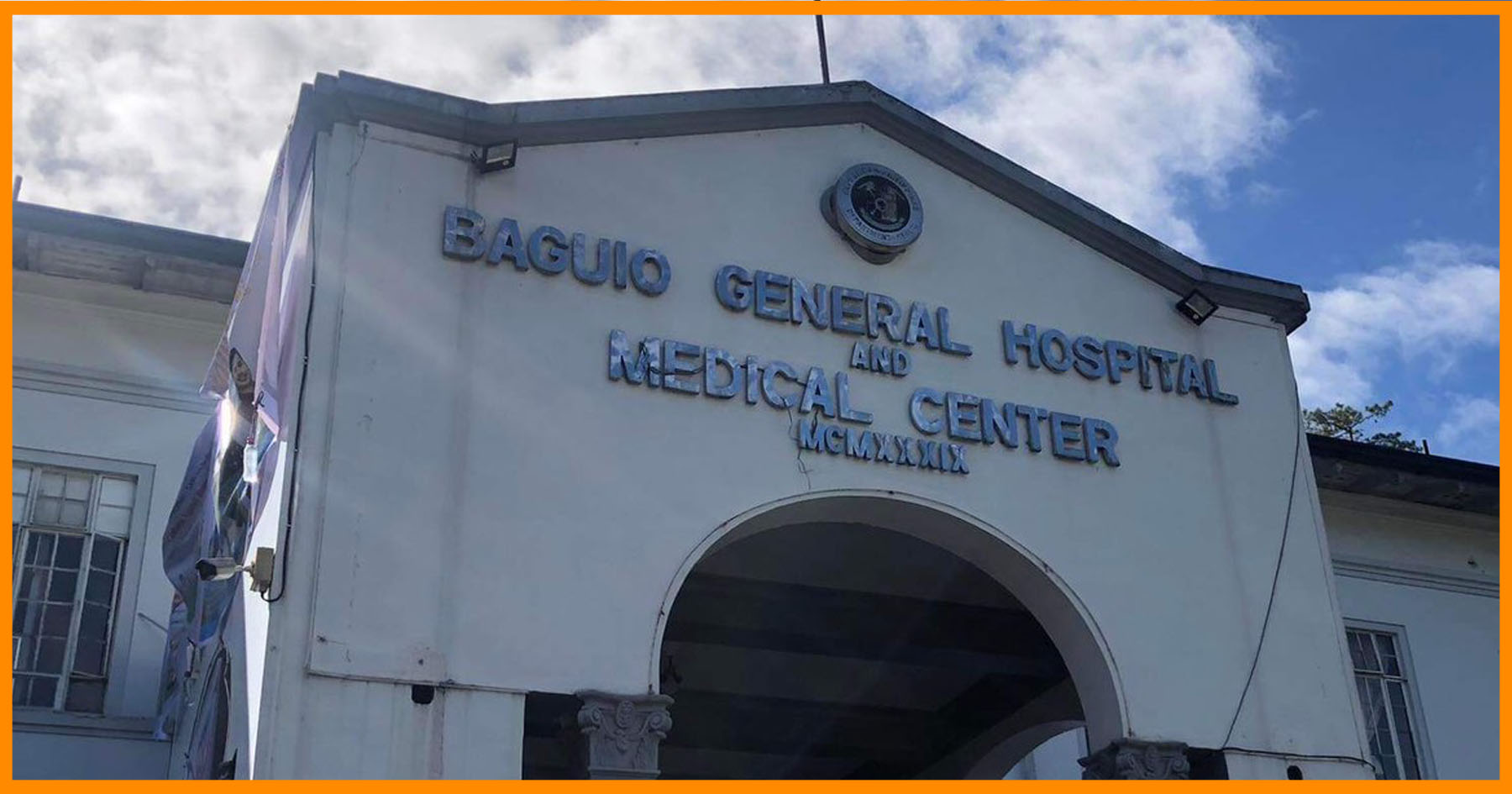BAGUIO CITY – In a recent gathering at the DOH-CAR BGHMC Compound on April 11, 2024, officials from the Department of Health – Cordillera Administrative Region (DOH-CAR) and partners from the Baguio General Hospital and Medical Center (BGHMC) came together to discuss pressing health issues.
Dr. Anachris Kilakil, Medical Officer IV and DOH-CAR Family Health Cluster Head, the meeting delved into topics such as World Health Worker’s Week, mental health, and updates on immunization, notably highlighting the upcoming World Immunization Week 2024, scheduled from April 24 to 30, 2024.
Dr. Kilakil underscored the theme of World Immunization Week, “50 years of Immunization – Kapag bakuna ay Kumpleto, Lahat protektado!” (When vaccination is complete, everyone is protected), emphasizing the collaborative effort needed to shield individuals and communities from vaccine-preventable diseases.
This year commemorates the 50th anniversary of the Essential Programme on Immunization (EPI), a global initiative to ensure universal access to life-saving vaccines, regardless of geographical or socioeconomic barriers. “Hindi lang siya endeavor ng health sector, so lahat po globally, lahat ng stakeholders, lahat ng partners natin, they were able to implement this program successfully for the past 50 years, dahil ang goal natin maging accessible ang bakuna kahit nasaan ka man, kahit anumang estado mo sa buhay,” Kilakil explained.
The critical role of vaccines in preventing fatal illnesses was highlighted, with an estimated 6 million deaths globally prevented due to vaccination efforts. However, challenges persist, evidenced by the high number of vaccine-preventable disease cases in 2024, exceeding 800, with 49 reported deaths.
According to Dr. Kilakil, achieving the target of 95% vaccination coverage for Full-Immunized Children remains challenging due to various obstacles in both demand and supply, “Dito sa Cordillera, ever since 2013 never natin nakamit ang 95% na vaccine immunization, ibig sabihin po niyan lahat ng ating less than one-year-old na bata na bakunahan on time sa kanilang schedule doon sa nararapat na bakuna nila.”
“Ito rin ang isa sa dahilan kung bakit mayroon pa rin tayong konti- konti cases padin na nakikita over the past few years,” she added.
On the demand side, factors such as low vaccine confidence, fear of side effects, and cultural or religious beliefs hinder immunization uptake. Supply-related challenges include vaccine availability, logistics, and service delivery requirements, exacerbated by geographic, logistical, and socio-economic constraints.
To address these challenges, a shared vision of a Healthy Pilipinas, where individuals prioritize vaccination for themselves and their families, is crucial. Free vaccines are available across different life stages, from infancy to old age, including essential vaccines for babies, HPV vaccines for girls, and influenza and pneumococcal vaccines for senior citizens.
Emphasis is placed on collective responsibility, with parents, caregivers, adolescents, and health workers all playing pivotal roles in ensuring vaccination completion and schedule adherence. Catch-up immunization is encouraged for those who missed scheduled doses, and efforts are underway to engage private sectors in vaccine distribution.
“Lagi nating alamin at lagi nating bigyan ng pansin lahat ng dapat na maibigay na bakuna sa kabataan natin, pwede rin sa ating adolescents, buntis at sa mga senior citizens. Ang mga bakunang ito ay libre at maaaring makakuha sa mga pinakamalapit na health centers as long as available ang ating vaccines,” she said.
“Prevention, Promotion, Protection is always better than cure dahil kapag tayo ay bakunado, tayo ay protektado,” she said in her last message.
The resounding message echoed throughout the discussion is that prevention, promotion, and protection through vaccination are most important. By ensuring universal access to vaccines and raising awareness of their importance, communities can strive towards a healthier and more resilient future. By Jackielyn U. Reyes
















